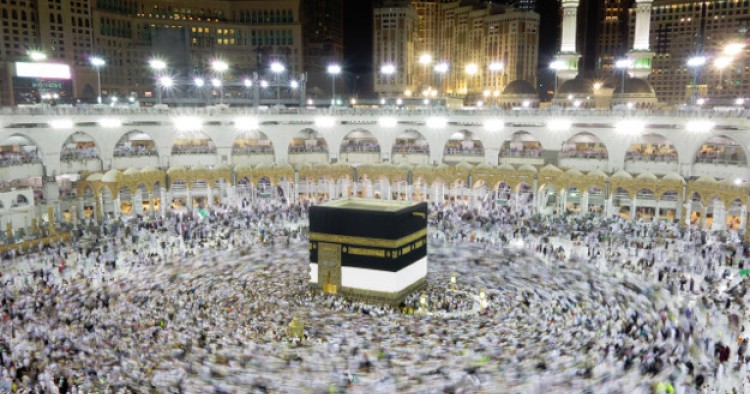The representative of Iran’s Supreme Leader on Hajj [pilgrimage] affairs has announced that Tehran will shortly dispatch a delegation to Saudi Arabia. This latest development has come about following Iran’s decision not send any pilgrims to Saudi Arabia in 2016. Riyadh had earlier sent an invitation to Iran for talks to be held to resolve differences that exist in this context.
The Iranian Supreme Leader's representative, Ali Ghazi Askar, said that he “hoped [Iran] can put forward its concerns and reach a specific conclusion” about Iranian pilgrims intending to travel to Saudi Arabia in 2017. Askar did at the same time caution that “nothing is yet settled” and whether a resolution can be found still depends on whether “existing obstacles will be removed.”
Iran has raised the issue of security as one of its main concerns following the September 2015 tragedy when hundreds of pilgrims died in a stampede. However, there is no doubt that Tehran has had a long record in seeking to politicize the annual Hajj in Saudi Arabia. As early as 1980s, supporters of the Iranian regime have been repeatedly exploiting the Hajj as an occasion to attack the policies of the host country and Saudi Arabia's alliance with the United States, which has unsurprisingly irked Riyadh.
The Middle East Institute (MEI) is an independent, non-partisan, non-for-profit, educational organization. It does not engage in advocacy and its scholars’ opinions are their own. MEI welcomes financial donations, but retains sole editorial control over its work and its publications reflect only the authors’ views. For a listing of MEI donors, please click here.













